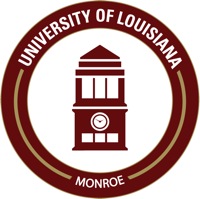Below is a summary of the abstract you submitted. Presenting author(s) is shown in bold.
If any changes need to be made, you can modify the abstract or change the authors.
You can also download a .docx version of this abstract.
If there are any problems, please email Dan at dar78@pitt.edu and he'll take care of them!
This abstract was last modified on May 24, 2024 at 1:50 p.m..

In working with entering freshman students in the SEA PHAGES laboratory over the last 16 years, we have implemented a number of outside resources to capture student interest, and illustrate relevance and practical applications of both the techniques they are learning and the new scientific discoveries they are participating in. As many of our students come from area high schools where hands-on activities are a rarity and discussions of societal implications are nonexistent, we have cobbled together a number of resources to provide visualization tools for core concepts (BLAST & (Im)probability and Chopping Up Plasmids; MathBench), viewing and critical assessment of movie clips (Mr. DNA ride from Jurassic Park; GATTACA), reading of relevant articles (‘Going Viral’, The Scientist), and posing ‘what if” scenarios for pro/con discussion. These interactive exercises enrich student understanding of important program tools, explore topics of comparative genomics, and probe the ethical, legal, and social implications of biotechnology. Integrating supplemental resources not only aids in addressing gaps in student foundational knowledge but also fosters a supportive learning environment conducive to creating interest and relevance. Future directions will include incorporation of metacognition strategies into exercises to enhance student learning efficiency, confidence, and retention in the sciences.
